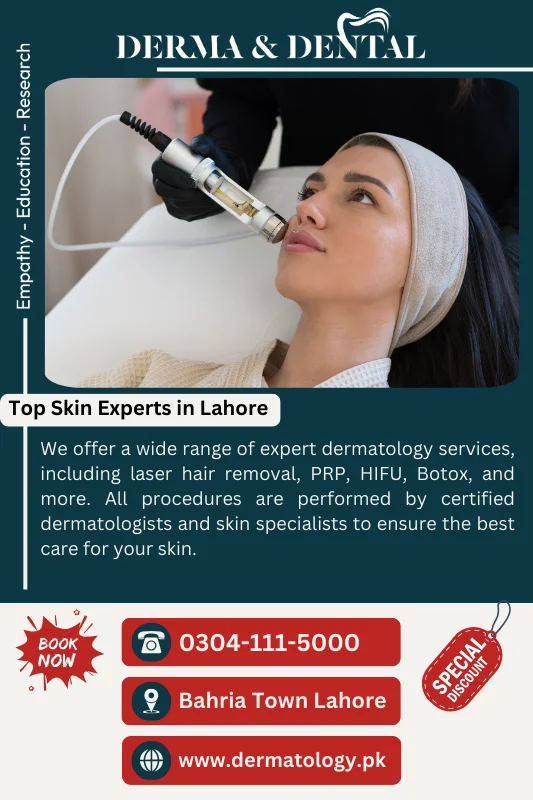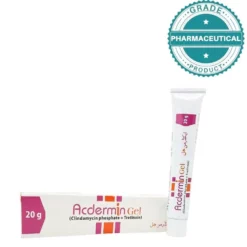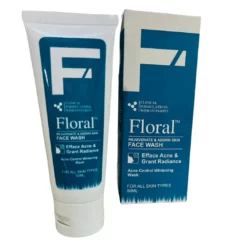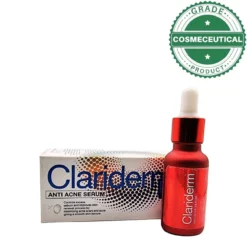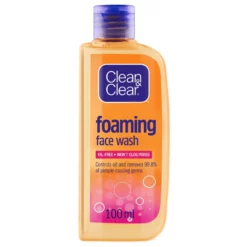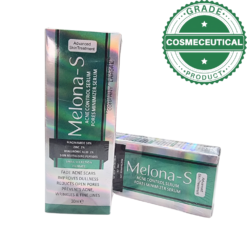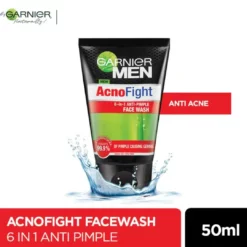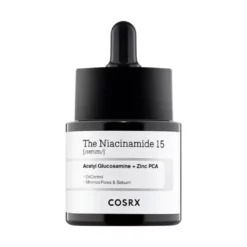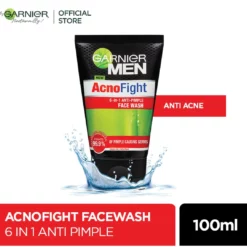Acne control involves implementing strategies to manage and minimize breakouts, a common skin condition characterized by inflamed and sometimes infected pores. It encompasses a multifaceted approach aimed at reducing the frequency and severity of acne while promoting clearer, healthier skin.
One key aspect of acne control is maintaining consistent skincare practices. This includes regularly cleansing the skin to remove excess oil, dirt, and bacteria that can contribute to breakouts. Using non-comedogenic (non-pore-clogging) skincare products and avoiding harsh or irritating ingredients is also essential to prevent exacerbating existing acne.
Healthcare providers often prescribe or recommend topical treatments containing ingredients like benzoyl peroxide, salicylic acid, or retinoids to target acne-causing bacteria, unclog pores, and promote cell turnover. In severe cases or those related to hormonal imbalances, oral medications such as antibiotics or hormonal therapies may be necessary.
Additionally, lifestyle factors play a significant role in acne control. Maintaining a balanced diet, managing stress levels, and avoiding habits like picking or squeezing pimples can contribute to clearer skin. Consistency and patience are key, as it may take time to see significant improvements. By adopting a comprehensive approach to acne control, individuals can work towards achieving clearer, healthier skin and boosting their confidence.



